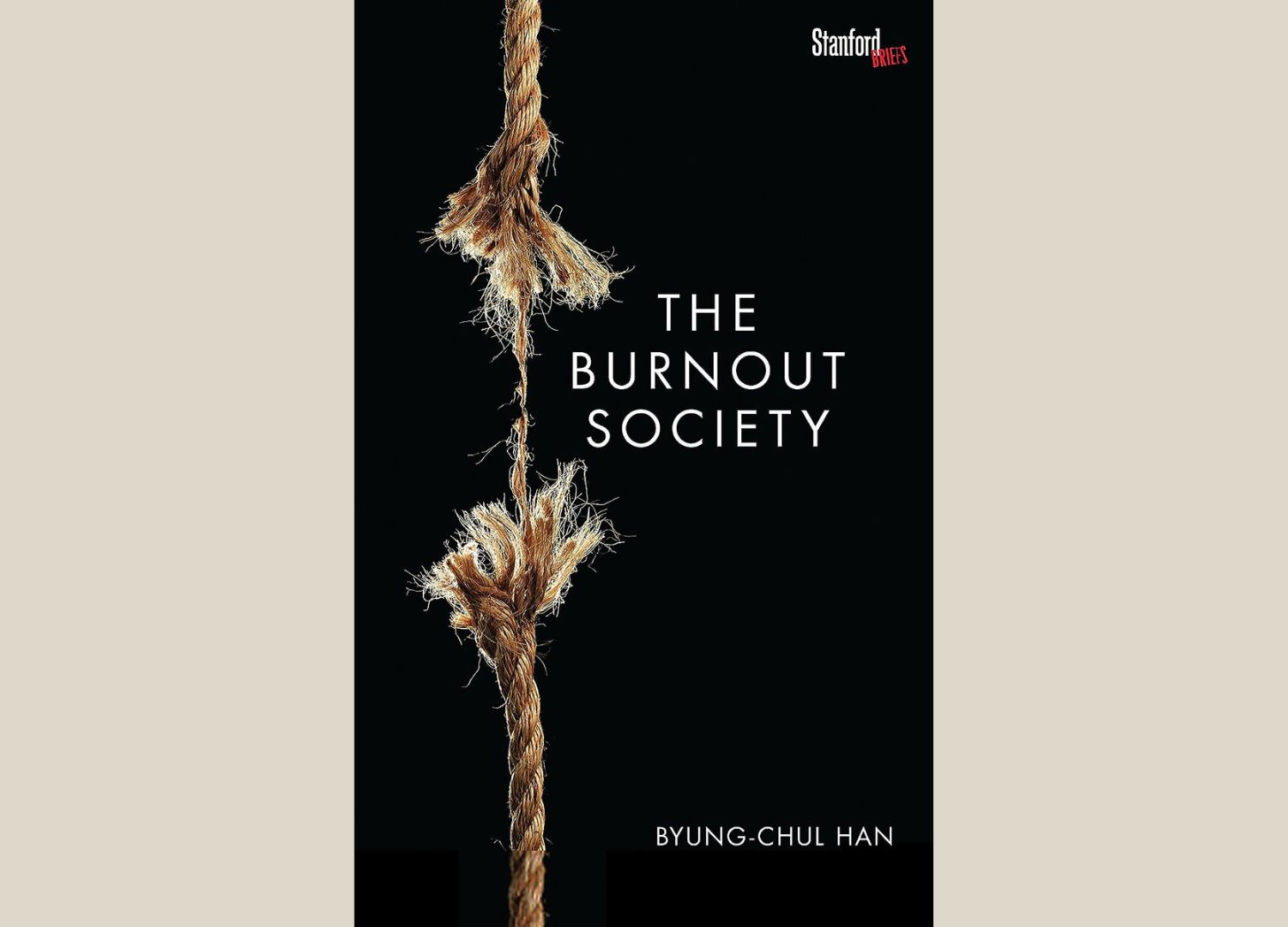Book Byte #24 "The Burnout Society" by Byung-Chul Han
Uncover the Hidden Costs of Modern Life
📣 Curious Quote from the Author:
“The complaint of the depressive individual, “Nothing is possible,” can only occur in a society that thinks, “Nothing is impossible.”
“The acceleration of contemporary life also plays a role in this lack of being. The society of laboring and achievement is not a free society. It generates new constraints. Ultimately, the dialectic of master and slave does not yield a society where everyone is free and capable of leisure, too. Rather, it leads to a society of work in which the master himself has become a laboring slave. In this society of compulsion, everyone carries a work camp inside. This labor camp is defined by the fact that one is simultaneously prisoner and guard, victim and perpetrator. One exploits oneself. It means that exploitation is possible even without domination.”
"Over 5 days Russell, and a host of elite entrepreneurs, will show you exactly how to build your first funnel. From idea to launch day, turn your motivation and passion into a business you’re proud of."
“In social networks, the function of "friends" is primarily to heighten narcissism by granting attention, as consumers, to the ego exhibited as a commodity.”
“Today’s society is no longer Foucault’s disciplinary world of hospitals, madhouses, prisons, barracks, and factories. It has long been replaced by another regime, namely a society of fitness studios, office towers, banks, airports, shopping malls, and genetic laboratories. Twenty-first-century society is no longer a disciplinary society, but rather an achievement society [Leistungsgesellschaft]. Also, its inhabitants are no longer “obedience-subjects” but “achievement-subjects.” They are entrepreneurs of themselves.”
If sleep represents the high point of bodily relaxation, deep boredom is the peak of mental relaxation. A purely hectic rush produces nothing new. It reproduces and accelerates what is already available.”
“Depression—which often culminates in burnout—follows from overexcited, overdriven, excessive self-reference that has assumed destructive traits. The exhausted, depressive achievement-subject grinds itself down, so to speak. It is tired, exhausted by itself, and at war with itself. Entirely incapable of stepping outward, of standing outside itself, of relying on the Other, on the world, it locks its jaws on itself; paradoxically, this leads the self to hollow and empty out. It wears itself out in a rat race it runs against itself.”
“From a pathological standpoint, the incipient twenty-first century is determined neither by bacteria nor by viruses, but by neurons. Neurological illnesses such as depression, attention deficit hyperactivity disorder (ADHD), borderline personality disorder (BPD), and burnout syndrome mark the landscape of pathology at the beginning of the twenty-first century. They are not infections, but infarctions; they do not follow from the negativity of what is immunologically foreign, but from an excess of positivity. Therefore, they elude all technologies and techniques that seek to combat what is alien.”
“The violence of positivity does not deprive, it saturates; it does not exclude, it exhausts.”
“What proves problematic is not individual competition per se, but rather its self-referentiality, which escalates into absolute competition. That is, the achievement-subject competes with itself; it succumbs to the destructive compulsion to outdo itself over and over, to jump over its own shadow. This self-constraint, which poses as freedom, has deadly results.”
“The complaint of the depressive individual, “Nothing is possible,” can only occur in a society that thinks, “Nothing is impossible.” No-longer-being-able-to-be-able leads to destructive self-reproach and auto-aggression. The achievement-subject finds itself fighting with itself. The depressive has been wounded by internalized war. Depression is the sickness of a society that suffers from excessive positivity. It reflects a humanity waging war on itself.”
“Culture presumes an environment in which deep attention is possible. Increasingly, such immersive reflection is being displaced by an entirely different form of attention: hyperattention.”
📚 Cognition of the Book’s Big Idea:
The persistent quest of perpetual achievement is pushing us into a state of widespread tiredness and burnout, often known as the burnout society. This state is more than just physical exhaustion; it represents a major societal transition from outward discipline to inward compulsion. In this paradigm, our desire for greater success, recognition, and fulfillment becomes a self-imposed limitation.
Navigating this societal terrain requires rethinking success as a harmonious balance of ambition and well-being. This includes developing self-compassion, setting clear boundaries, and taking a mindful approach to our goals. The goal is to embrace a mindset that goes beyond attaining more and focuses on finding delight in the current moment while appreciating the journey. By adopting this perspective, we help to create a sustainable, humane society that values relaxation and reflection as much as productivity, resulting in a more fulfilling and balanced lifestyle.
🛠️Fixing the Tech Industry
Success at all costs isn’t really success, is it?
We work long hours in Tech. When stuff needs to ship, we put in the overtime when needed. Most of us are specifically salary employees, not for our own appearance of outward stability, but because we can be exploited a lot easier. We work all the time, even when we’re not working we receive and are expected to respond to emails and emergencies. This constant being online messes with our work-life balance that no amount of free sodas…

